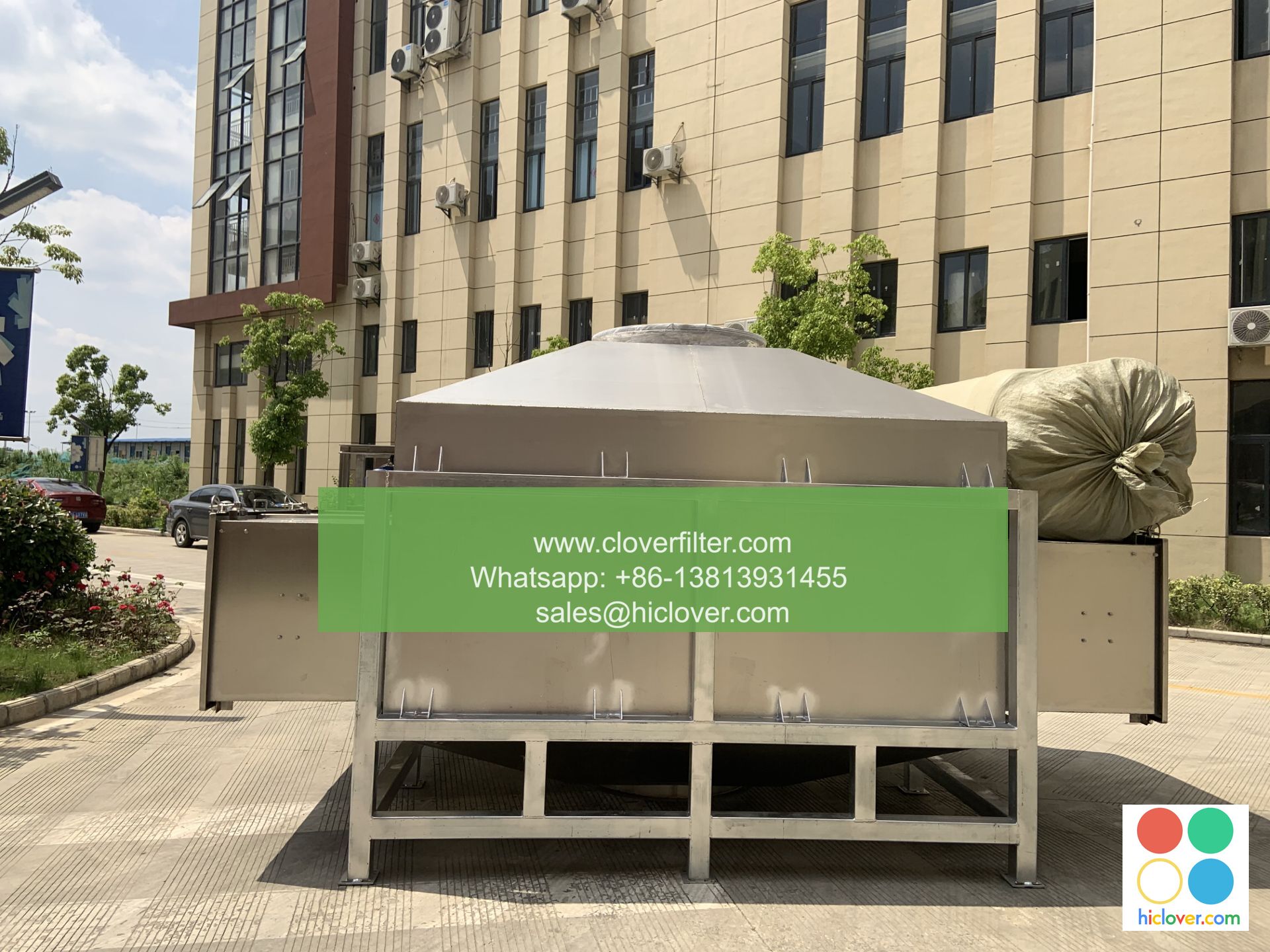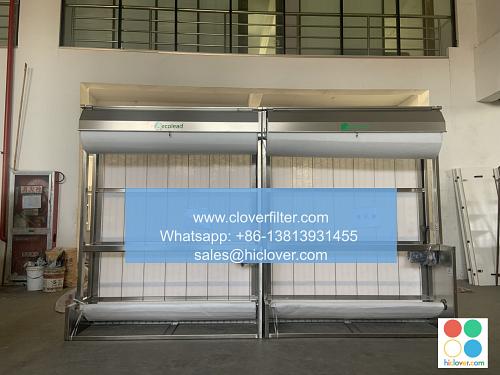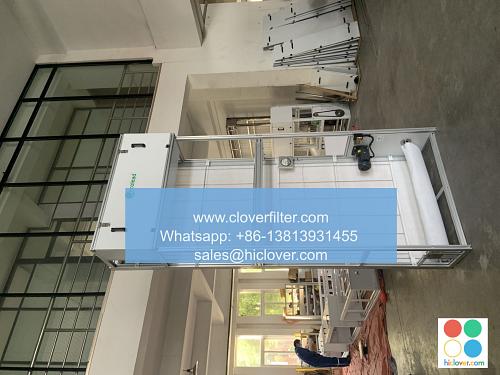The Benefits of Automatic Roll Air Filters in Food Processing Environments

Food processing environments require high standards of cleanliness and hygiene to prevent contamination and ensure the quality of the final product. One crucial aspect of maintaining a clean environment is the use of effective air filtration systems. Automatic roll air filters have become a popular choice in food processing plants due to their numerous benefits. In this article, we will explore the advantages of using automatic roll air filters in food processing environments.
One of the primary benefits of automatic roll air filters is their ability to provide high-efficiency filtration. These filters are designed to capture 99.97% of particles as small as 0.3 microns, including dust, pollen, and other airborne contaminants. This level of filtration is essential in food processing environments, where even the smallest particles can contaminate products and compromise quality. By removing these particles from the air, automatic roll air filters help maintain a clean and safe environment for food production.
Another significant advantage of automatic roll air filters is their automated operation. These filters are designed to automatically roll out a new filter media as the old one becomes dirty, ensuring continuous filtration without the need for manual intervention. This automated process reduces the risk of human error and ensures that the filter is always functioning at optimal levels. Additionally, the automated operation of these filters reduces labor costs and minimizes downtime, making them a cost-effective solution for food processing plants.
Automatic roll air filters also offer improved indoor air quality (IAQ) in food processing environments. By removing airborne contaminants and particles, these filters help reduce the risk of respiratory problems and other health issues associated with poor air quality. Furthermore, the improved IAQ provided by automatic roll air filters can also help reduce odors and moisture in the air, creating a more comfortable working environment for employees.
In addition to their filtration benefits, automatic roll air filters are also designed with energy efficiency in mind. These filters are typically designed to operate at low pressure drops, reducing the energy required to power them. This energy efficiency can lead to significant cost savings for food processing plants, particularly those with large filtration systems. Moreover, the reduced energy consumption of automatic roll air filters can also help minimize a plant’s carbon footprint, making them a more sustainable option for food processing environments.
The ease of maintenance is another significant benefit of automatic roll air filters. These filters are designed to be easily installed, maintained, and replaced, reducing the need for specialized labor or equipment. The automated operation of these filters also reduces the frequency of maintenance, as the filter media is automatically replaced as needed. This ease of maintenance can help reduce downtime and minimize the risk of contamination, making automatic roll air filters a reliable choice for food processing plants.
Finally, automatic roll air filters can help food processing plants meet regulatory requirements and industry standards for air quality and filtration. Many regulatory agencies, such as the FDA and USDA, require food processing plants to maintain high standards of cleanliness and hygiene, including effective air filtration systems. Automatic roll air filters can help plants meet these requirements, reducing the risk of non-compliance and associated fines or penalties.
In conclusion, automatic roll air filters offer numerous benefits for food processing environments, including high-efficiency filtration, automated operation, improved indoor air quality, energy efficiency, ease of maintenance, and regulatory compliance. By installing automatic roll air filters, food processing plants can maintain a clean and safe environment, reduce the risk of contamination, and ensure the quality of their final products.
FAQs
Q: How often do automatic roll air filters need to be replaced?
A: The replacement frequency of automatic roll air filters depends on the specific application and operating conditions. Typically, the filter media is automatically replaced as needed, reducing the need for manual intervention.
Q: Can automatic roll air filters be customized to meet specific application requirements?
A: Yes, automatic roll air filters can be customized to meet specific application requirements, including filter size, media type, and automation options.
Q: How do automatic roll air filters compare to traditional air filtration systems?
A: Automatic roll air filters offer several advantages over traditional air filtration systems, including higher efficiency, automated operation, and reduced maintenance requirements.
Q: Are automatic roll air filters suitable for all types of food processing environments?
A: Yes, automatic roll air filters can be used in a variety of food processing environments, including dry goods manufacturing, meat processing, dairy production, and more.
Q: Can automatic roll air filters be integrated with existing HVAC systems?
A: Yes, automatic roll air filters can be integrated with existing HVAC systems, providing a comprehensive air filtration solution for food processing plants.


